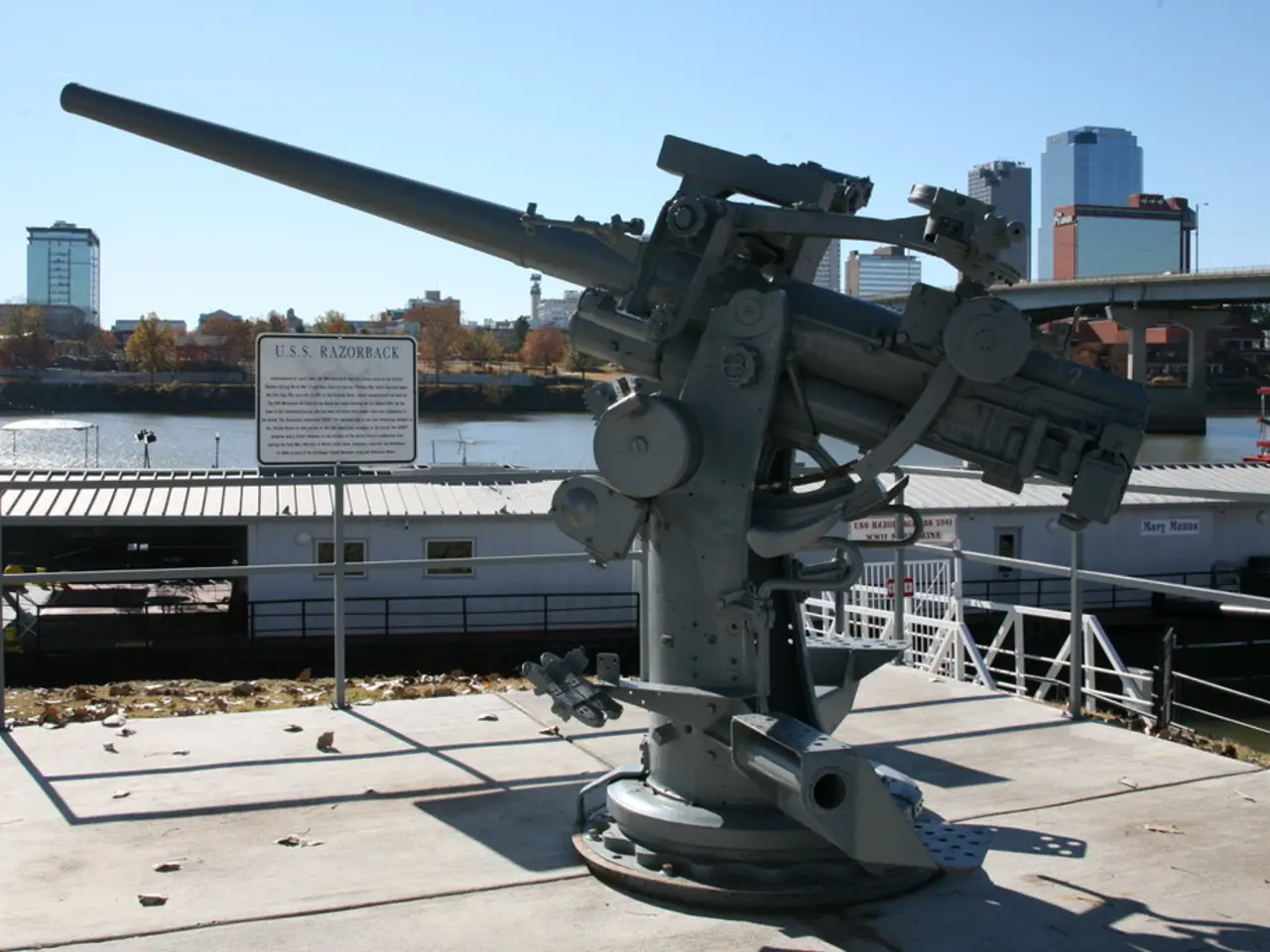Border Control Leader Inspects Nuwaiseeb Port, Emphasizes Supervision and Technological Integration
Fatima Al-Qallaf, the Director-General of the General Administration of Customs, is currently on an inspection tour at the Nuwaiseeb border crossing. Accompanied by senior officials, including Sami Al-Kandari, Deputy Director for Investigation and Research, Al-Qallaf is assessing the performance and readiness of the technical equipment used for contraband detection, observing operational procedures, and evaluating the quality of services offered.
During her tour, Al-Qallaf highlighted the General Administration of Customs' commitment to improving border control and streamlining procedures. This includes enhancing trade facilitation, adopting international agreements such as the reactivated International Road Transport (TIR) Agreement, and implementing stricter customs rules to boost security and efficiency.
Reactivation of the TIR Agreement
The reactivation of the TIR Agreement is a significant step towards regional trade efficiency and achieving economic objectives, in coordination with neighbouring countries Iraq and Turkey. This agreement simplifies and secures international land transport by enabling faster customs clearance, reducing transit times and costs, and facilitating the smooth flow of goods, trucks, and drivers through border crossings.
Stricter Customs Declarations
In addition, stricter customs declarations, notably at airports, require travelers to declare valuables over specific thresholds. This measure aims to reduce smuggling and increase transparency, thus strengthening border security and making inspections faster and more predictable for compliant travelers.
These initiatives reflect a comprehensive strategy to modernize customs operations, improving procedural efficiency and border security at crossings like Nuwaiseeb while supporting Kuwait’s role as a regional logistics hub.
Emphasis on Improvement and Coordination
Throughout the tour, Al-Qallaf emphasized the need to continue improving performance, strengthen departmental coordination, and adopt modern technologies to bolster oversight and streamline procedures. She expressed gratitude to the staff for their ongoing commitment and professionalism and underlined the importance of upholding high standards in safeguarding the country's borders.
Efforts were also made to remove obstacles during the tour, with Al-Qallaf receiving a detailed briefing on daily workflows, inspection protocols, and measures taken to facilitate smooth goods and passenger movement. Al-Qallaf met with port employees, including department heads and inspectors, and reaffirmed the administration's support for all employees. She also emphasized the need to enhance discipline during the tour.
As the tour continues, it is clear that the General Administration of Customs is committed to ensuring the efficiency and security of Kuwait's border crossings, supporting the country's role as a regional logistics hub, and providing the highest standards of service to travellers and traders alike.
[1] TIR Convention
[2] TIR Agreement between Kuwait and Turkey
[3] TIR Agreement between Kuwait and Iraq
- The reactivation of the TIR Agreement with the participation of Kuwait, Iraq, and Turkey demonstrates a coordinated approach in the finance and technology sectors towards improving regional trade efficiency.
- Al-Qallaf, during her tour, has emphasized the importance of adopting modern technology to ensure stricter customs declarations, particularly at airports, which aim to bolster border security and streamline procedures in the industry.




